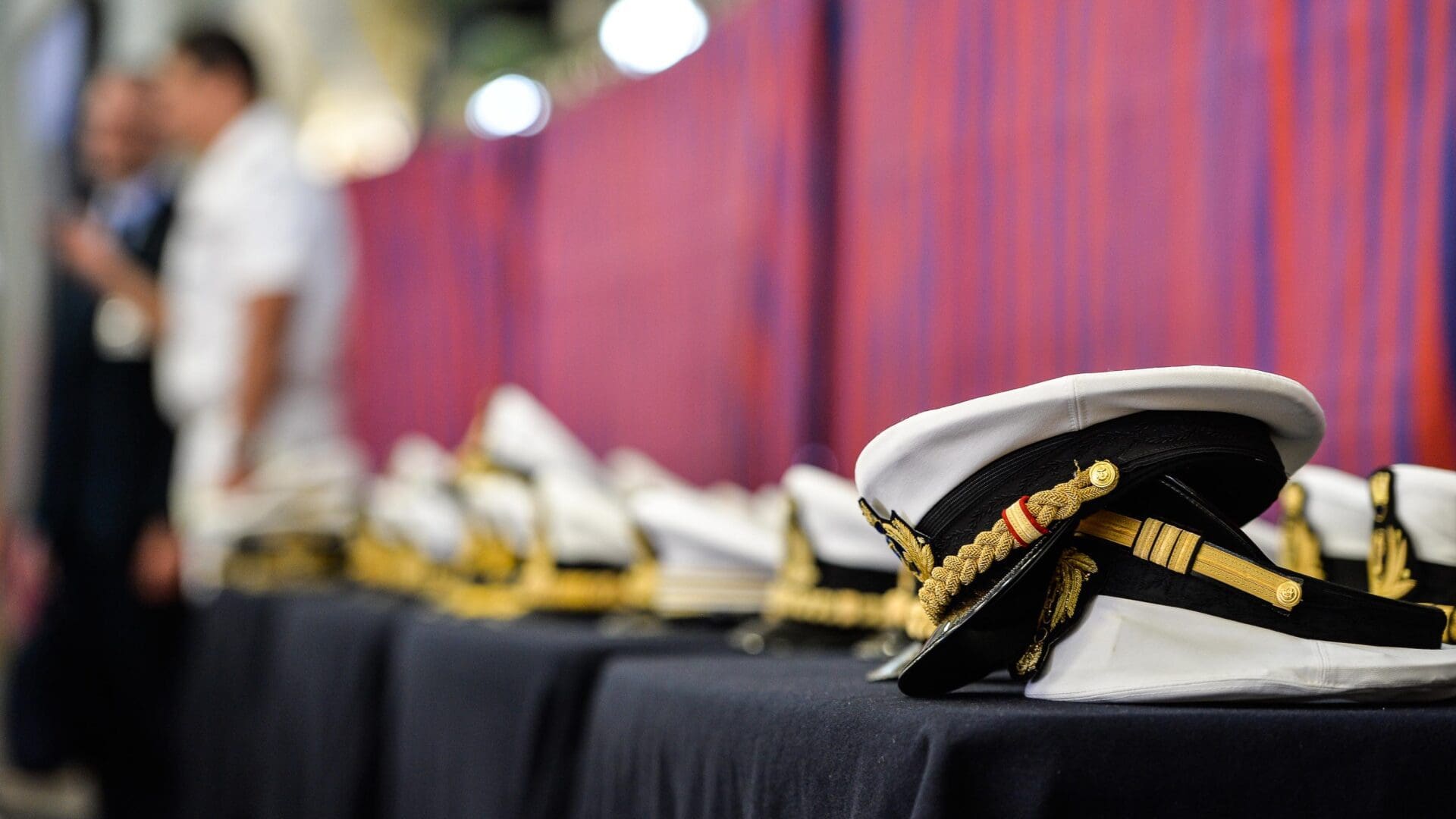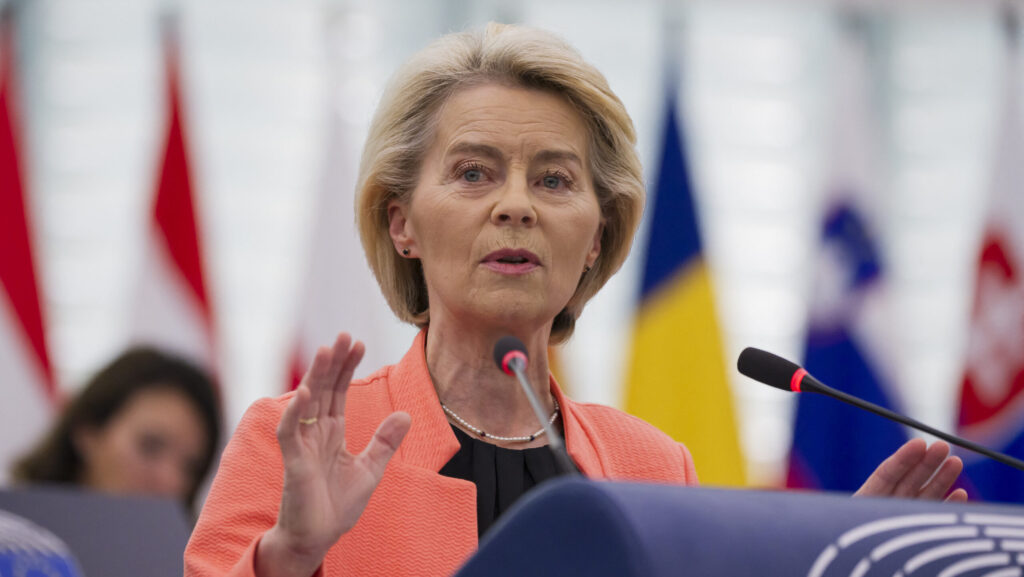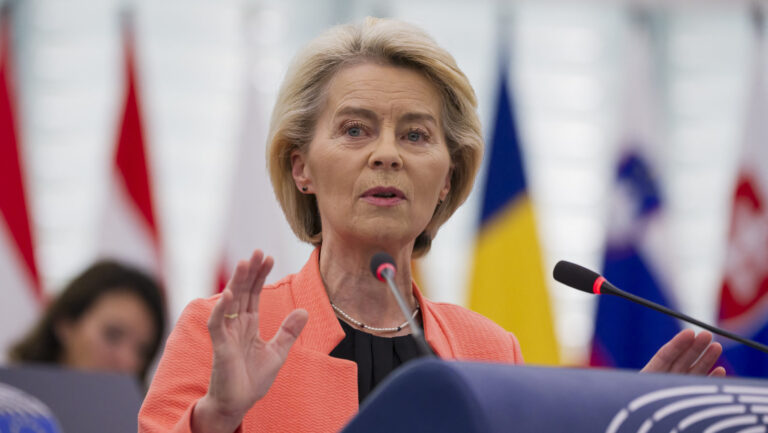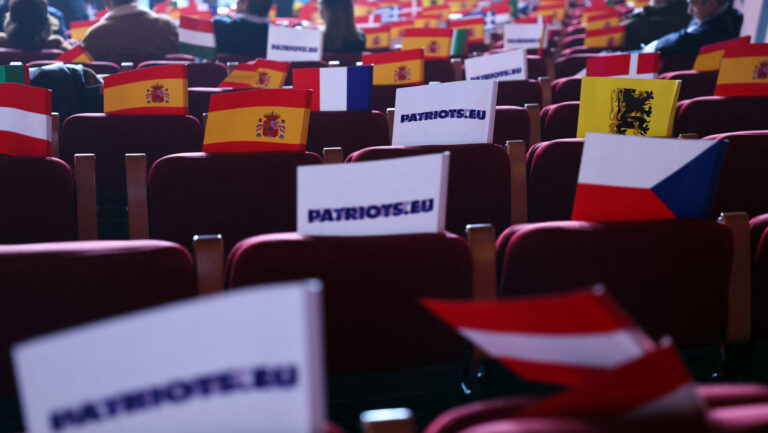A paper published in January by the Council of the European Union assesses the EU’s maritime strategy and the potential of the EU to become a sea power.
The paper begins by discussing the importance of the sea to the EU’s economy and security, highlighting the fact that over 70 per cent of the EU’s external trade and energy supplies are transported by sea. The paper also notes that the EU has the largest exclusive economic zone in the world, covering over 25 million square kilometres. The paper then goes on to analyse the EU’s current maritime strategy, adopted in 2014. The strategy focuses on three main areas: developing a blue economy, improving maritime security, and protecting the marine environment. The paper notes that the strategy has been successful in many respects, but that there is still room for improvement. The paper then analyses the potential for the EU to become a sea power. It argues that the EU has many of the attributes of a sea power, including a large maritime economy, a significant naval presence, and a strong commitment to maritime security and environmental protection. However, the paper also notes that there are several challenges that the EU will need to overcome if it is to become a true sea power.
Lack of Coordination and Investments the Greatest Challenges
One of the main challenges identified in the paper is the need for greater cooperation between EU member states. The paper notes that the EU has traditionally struggled to coordinate its maritime policies, and that this has limited its ability to project power at sea. The paper argues that the EU needs to develop a more coherent approach to maritime security, including a common strategy for dealing with threats such as piracy and terrorism. Another challenge identified in the paper is the need for greater investment in the EU’s nautical infrastructure. The paper notes that many of the EU’s ports and shipping lanes are in need of modernisation, and that this is limiting the EU’s ability to compete with other maritime powers such as China and the United States. The paper argues that the EU needs to invest in new ports and shipping routes, as well as in new technologies such as autonomous shipping and offshore wind farms.
The paper also inspects the role that the EU can play in global maritime governance. The paper notes that the EU has already been a leader in many areas of maritime governance, such as the fight against illegal fishing and the protection of the marine environment. It also argues that the EU needs to continue to take a leading role in global maritime governance, and that it should work to promote international cooperation on issues such as maritime security and safety.
In conclusion, the paper argues that the EU has the potential to become a true sea power, but that this will require significant effort and investment. It calls for greater cooperation between EU member states, as well as for increased investment in maritime infrastructure and technology. The paper also stresses that the EU should take a leading role in global maritime governance, and to work to promote international cooperation on maritime issues.
Hungary Aspires to Important Role in Connecting Sea and Land Routes
The Hungarian government holds that for Hungary as a landlocked country, access to a sea port is vital. The most obvious choice for such an ambitious project are the Adriatic ports, of which Trieste has been selected. Hungary’s new project for a rail terminal to function as an import-export platform in the port of Trieste was announced in October last year. It will be built in the area where the Aquila refinery, closed in the 1980s, used to be. The total investment amounts to 200 million euros, 45 of which will be financed by the Italian Plan for Recovery and Resiliency. Construction is expected to take roughly two years.
As Domenico Baratta from the Italian Society for Import Export (Siiesiie), a Eurasian logistics company based in Italy pointed out last November, Italy and Trieste play a significant role in the New Silk Road but are ‘far from the main train connections with China’. Italy is the fourth largest EU trading partner with China, and strong connections with Hungary could help when it comes to trade via rail between Rome and Beijing, Baratta stressed.








